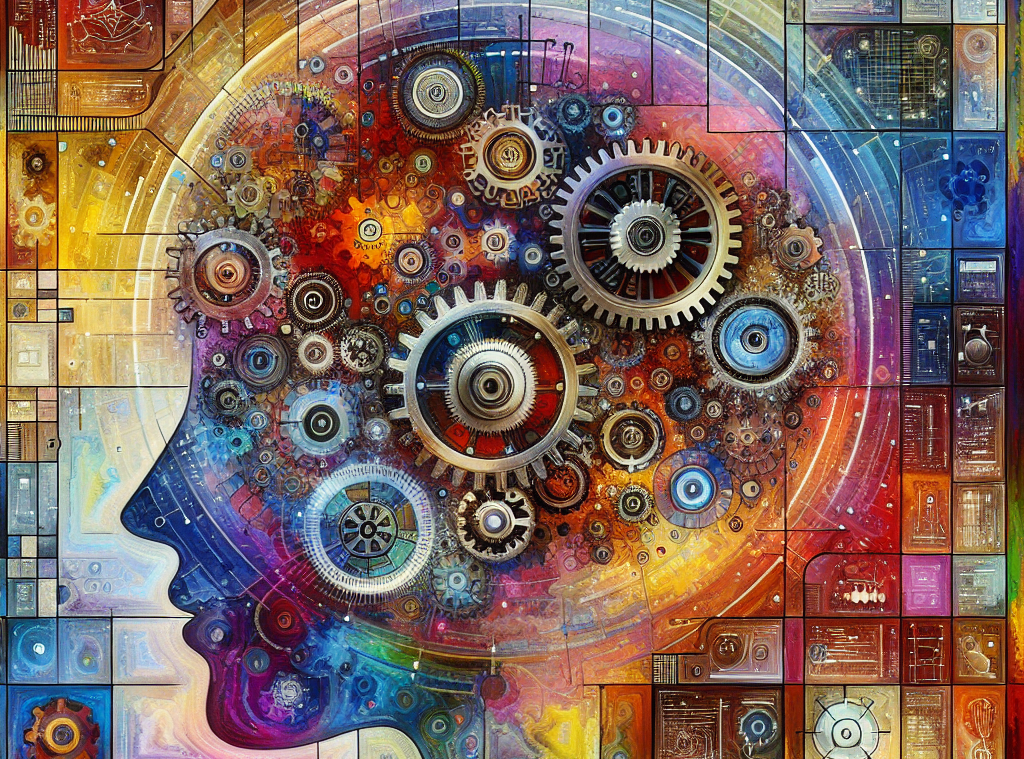In today’s digital age, businesses are constantly striving to gain a competitive edge by providing a seamless and personalized customer experience (CX). With the emergence of Artificial Intelligence (AI) and journey orchestration technologies, companies can now revolutionize how they interact with customers. This blog dives deep into how AI and journey orchestration can enhance customer experiences and deliver unprecedented value.
The Importance of Customer Experience
Customer experience has become the cornerstone of modern business strategy. A study by PwC found that 73% of customers say customer experience is an important factor in their purchasing decisions. In a market crowded with choices, delivering an exceptional CX can be the defining factor that sets a business apart.
Key Aspects of Customer Experience
- Personalization: The need for offers, recommendations, and communications tailored specifically to each customer.
- Responsiveness: Instant support and answers to customer queries and concerns.
- Seamlessness: A smooth, uninterrupted experience across multiple channels and touchpoints.
The Role of AI in Customer Experience
AI technologies are increasingly becoming integral to providing an enhanced customer experience. Here are some ways AI is transforming customer engagement:
Personalization at Scale
AI enables businesses to deliver highly personalized experiences to their customers. Through data analysis and predictive analytics, AI can understand customer preferences and behaviors. For instance, using AI, e-commerce platforms recommend products based on a user’s past purchases and browsing history. This ability to personalize at scale significantly increases customer satisfaction and loyalty.
Improved Support with Chatbots
AI-powered chatbots offer immediate, 24/7 support, making customer service more efficient. Gone are the days of waiting on hold or scouring FAQ sections. Chatbots can resolve common issues, guide users through processes, and even facilitate purchases. According to Gartner, by 2022, 70% of customer interactions will involve emerging technologies such as machine learning applications and chatbots.
Predictive Insights and Proactive Service
AI helps in predicting future customer needs by analyzing past behaviors. By leveraging predictive analytics, businesses can proactively address issues before they arise, offering solutions and recommendations that enhance the overall customer experience. For instance, airlines use AI to predict flight delays and inform passengers beforehand, providing options adjusting travel plans.
Customer Journey Orchestration
Customer journey orchestration involves designing and managing every step a customer takes from the awareness stage to post-purchase engagement. It ensures a cohesive and engaging experience at every touchpoint. Journey orchestration, when married with AI, can significantly optimize customer experiences.
Unified Customer Data
Effective journey orchestration starts with a unified view of the customer. Integrating data from various touchpoints (social media, email, website, in-store) enables a holistic view of the customer’s journey. For example, Starbucks uses its mobile app to collect data on customer purchases and preferences, creating a unified profile that helps tailor marketing efforts.
Real-Time Adaptation
Journey orchestration allows for real-time adaptations to customer interactions. With AI, companies can analyze real-time data and tweak ongoing campaigns, email cadences, or website layouts to better suit customer needs. For instance, if a customer repeatedly visits a product page but doesn’t make a purchase, the system might send a personalized discount to encourage conversion.
Omnichannel Consistency
Consistency across multiple channels is crucial for a seamless customer experience. AI-powered journey orchestration ensures that whether a customer engages with a brand via social media, email, or in-store, they receive a consistent and personalized experience. Consistency builds trust and reinforces brand identity.
Case Studies: Success Stories
Amazon’s Personalized Recommendations
Amazon’s recommendation engine, powered by machine learning, analyzes a myriad of data points to suggest products to customers. This personalized approach leads to a reported 35% increase in sales.
Netflix’s Content Suggestions
Netflix uses AI to analyze viewing habits and provide personalized content recommendations. This enhances user engagement and keeps subscribers hooked, contributing to their massive user base.
Sephora’s Omni-Channel Experience
Sephora leverages AI and journey orchestration to create a seamless omnichannel experience. Their digital and in-store efforts are interconnected, ensuring that beauty advice, product suggestions, and purchase histories are consistent and personalized, regardless of the channel.
Conclusion
AI and journey orchestration are at the forefront of transforming customer experiences. By personalizing interactions, offering real-time support, and ensuring seamless omnichannel engagements, these technologies are setting new standards in customer satisfaction. Businesses that fail to leverage AI and orchestrated customer journeys risk being left behind in a world where exceptional customer experience is no longer a luxury but a necessity.
As we move forward, integrating AI into customer journey orchestration will not just enhance customer experiences but also drive growth and innovation in various industries. The future of customer experience is now, and it is powered by AI.


